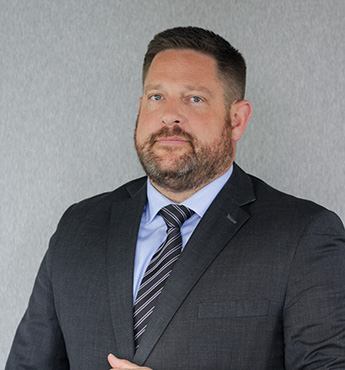



Big changes have arrived in Utah’s prostitution statutes. In 2025, the Utah Legislature passed significant amendments affecting how prostitution, patronizing, and aiding prostitution are prosecuted and penalized. The updated laws are tougher on repeat offenders and introduce new protections for victims and witnesses of violent crimes.
Here’s a breakdown of what’s new, what’s changed, and what it means for Utahns.
Previously, a second or subsequent conviction under the prostitution statute led to a class A misdemeanor. The new language clarifies and broadens the scope of what counts as a prior offense, now including:
Bottom line: If you’ve been convicted before—whether in Utah or elsewhere—you’re now facing harsher charges sooner.
In a major shift aimed at protecting vulnerable individuals, the amended law prohibits prosecutors from charging someone with prostitution if they reported witnessing or being a victim of violent crimes such as:
This is a protection mechanism, especially for trafficking victims, encouraging them to come forward without fear of prosecution.
Utah Code §76-10-1303 – Patronizing a Prostitute
Fines are no longer optional or waivable:
Judges must now order defendants to complete an educational program on the negative effects of prostitution and human trafficking.
This aims to rehabilitate, not just punish.
Utah Code §76-10-1304 – Aiding Prostitution
The law now explicitly includes any service or act that enables or facilitates prostitution. That could mean:
The punishment for aiding prostitution becomes a third-degree felony if:
Convicted individuals must pay a minimum of $10,000 in fines—no exceptions or waivers allowed.
Why These Changes Matter
The amendments reflect Utah’s growing focus on public safety and victim protection, especially for those trapped in cycles of abuse and exploitation. It’s also part of a nationwide trend to:
Utah’s 2025 updates to its prostitution laws signal a stronger stance against repeat exploitation and trafficking. At the same time, the state is taking a compassionate approach toward victims by giving them legal protection when reporting violent crimes.
As the legal landscape evolves, understanding these changes is critical—whether you’re a legal professional, community advocate, or just an informed citizen.

For additional insights on Criminal Defense Law and to get to know Jake Gunter better, check out these helpful videos:
These resources will provide you with valuable information as you consider your legal options. For any questions or to schedule a free consultation, feel free to reach out to us directly.